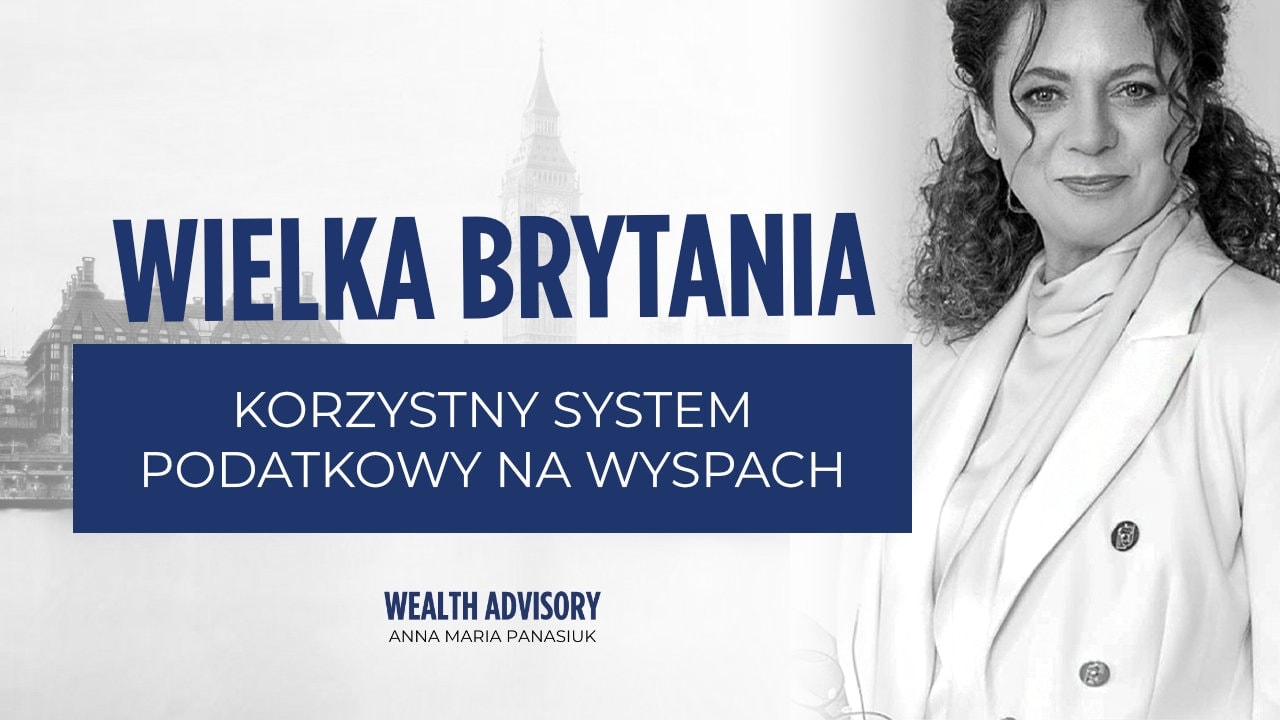Our publications often address the issue of the certificate of tax residence, the necessity to have it or to obtain it from a counterparty. However, what is the certificate of tax residence? What is it helpful for, and when is it necessary to hold it? Finally, how to obtain one? We will try to answer all these questions here.
CERTIFICATE OF TAX RESIDENCE – WHAT IS IT?
According to the legal definition included in the statutory glossary, a certificate of tax residence denotes a taxpayer’s certificate of residence for taxation purposes issued by the competent fiscal administration authority of the state. Thus, a certificate of tax residence confirms the facts resulting from the relevant registers held by the tax authorities. These concern the place of residence/registered seat of a person and personal income tax settlement.
WHAT IS NOT A CERTIFICATE OF TAX RESIDENCE
In our field of practice, we often have situations when clients claim to have obtained a tax residence certificate shortly after moving house. When we take a closer look, we come to the conclusion that this is not the case. It is necessary to clearly distinguish the certificate of tax residence from any other documents issued by administrative authorities. Specifically, certificates issued by, e.g., municipal authorities confirming the place of residence within the territory of the country, are not certificates of tax residence.
Multiple countries require a notification when moving to settle in their territory, at a municipal office or a police station. A document issued on this occasion may be helpful, e.g., in the process of applying for the status of tax resident in a given country.However, this is not a certificate of tax residence and, even when dealing with the Polish tax authorities, it will not be treated as such.
Firstly, it is significant that the certification, which is intended to be a certificate of tax residence, cannot be issued by any other authority except the fiscal administration.
Secondly, it must be a certificate of the place of residence/registered seat for tax purposes.
Therefore, a certificate of issuing a tax identification number, a certificate of registration as a VAT payer or a certificate of no tax arrears are not certificates of tax residence. In the case of entities conducting business activity, an extract from the National Court Register of entrepreneurs cannot be used as a certificate of tax residence either.
ELEMENTS OF THE CERTIFICATE OF TAX RESIDENCE
What data should the document contain so that it could be considered a certificate of tax residence? Unfortunately, there is no unified international form on which a certificate of tax residence would be issued. Therefore, state fiscal administrations issue certificates of tax residence according to their own adopted form and at their discretion. Polish regulations indicate that such a certificate should contain at least:
- Issuing authority details
- Date of issue
- Identification data of the entity to which the certificate pertains
- Certification of the place of residence/registered seat
Optionally, expiration date information.
WHEN DO YOU NEED A CERTIFICATE OF TAX RESIDENCE?
A certificate of tax residence refers to the place of residence for tax purposes. Thus, it is a confirmation that the fiscal administration of a given country treats a given taxpayer as subject to unlimited tax obligation within its territory. Therefore, if your activity is carried out only within the borders of Poland, you do not need a certificate of tax residence. The necessity or suitability of holding it (since the formalism of the fiscal apparatus is not as developed everywhere as it is in Poland) will arise when a cross-border element appears in your business activity. So, it is advisable to hold a certificate of tax residence in the case of a changing the place of tax residence, obtaining income from foreign sources or making cash withdrawals abroad.
When you move out of Poland, you may first need a certificate of tax residence to prove to the authorities of the new country that you have been a Polish tax resident so far and that you have the right to use a special tax system (e.g. NHR status in Portugal).
On the other hand, when you become a tax resident of another country a certificate of tax residence may be needed in case the Polish tax office decides to delve into your pocket, believing that you are still a Polish taxpayer. In addition, a certificate of tax residence should be submitted to Polish payers so that they would properly fulfil their payment obligations. These will be mainly financial institutions such as banks or brokerage offices, but also companies in which you have shares or clients whom you provide with, for example, advisory services.
The basic function of a certificate of tax residence is the possibility of applying the rules resulting from the relevant agreement on the avoidance of double taxation. Having the country of tax residence and the country of the source of income established on the basis of a certificate of tax residence, we choose an adequate agreement on the avoidance of double taxation. On its basis, we have the possibility of determining where and on what principles income from a specific source is taxed and how to avoid double taxation. A certificate of tax residence also furnishes the possibility of applying for a preferential tax rate at source to some income (as, for example, in the case of interest or dividends).
The situation can also be reversed and in some cases, it is you who will act as a payer and you will need contractors to provide you with their certificates of tax residence. This may concern the application of the preferential tax rate resulting from the Official Confirmation of Receipt [known as UPO – Urzędowe Poświadczenie Odbioru in Poland] or the right not to have withholding tax subtracted in the case of income constituting profits of companies (consultancy and marketing services). It is probably the place where many entrepreneurs encounter the institution of the certificate of tax residence for the first time. Google Ads, Facebook, Adobe… are examples of companies in the case of which we should think about obtaining a certificate of tax residence or deduction of WHT [withholding tax] when paying for their services.
HOW DO I GET A CERTIFICATE OF TAX RESIDENCE?
Due to the fact that the certificate of tax residence is a certificate issued by the fiscal administration authorities, an appropriate application for such a document should be submitted. In many countries, such a service is carried out online.
The certificate of tax residence in Poland is applied for using the CFR-1 form. This can be done online via the e-Tax Office or e-PUAP platform or by submitting an application on paper to the competent tax office, Customer Service Centre or sending it by post. The issue of the certificate is subject to a stamp duty of PLN 17 payable to the municipality office within whose territory lies the tax office to which the application for a certificate of tax residence is submitted.
Forms with instructions – CLICK HERE
WILL THEY CONTROL ME?
Some people are concerned about the fact that applying for a certificate of tax residence will provoke the authorities to have them controlled. We would like to calm you down a bit – in the case of issuing certificates, the authorities’ proceedings generally come down to the formal confirmation of the data contained in the Central Register of Entities – the National Taxpayers’ Register. There, the place of residence will be verified as well as the fact of the taxpayer’s having settled their tax in Poland.
There should not be any further actions unless there are inconsistencies at the stage of verification of the taxpayer’s file. Nevertheless, analytical and verification activities are carried out in tax authorities constantly and without the knowledge of taxpayers, so the CFR-1 application form should not bring about increased activity of the authorities in this regard.
More about the change of tax residence, the necessary formalities, the most common mistakes. As well as destinations which are willingly chosen by Polish citizens. You can find it on the channel – Wealth Advisory. Anna Maria Panasiuk, available on YouTube, Spotify, ApplePodcast.















